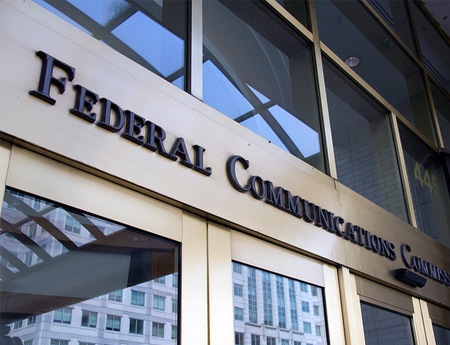FCC: No Running Tally of Station Auction Applicants

The smarter way to stay on top of broadcasting and cable industry. Sign up below
You are now subscribed
Your newsletter sign-up was successful
It is day three (Dec. 11) of the FCC's TV station application window for participating in the auction but don't look for the FCC to provide running tallies of how many TV stations plan to at least be in the mix.
Applying does not commit a station to participation, although no station can participate if they don't apply by Jan. 12 at 6 p.m. That means that the number of applicants does not necessarily indicate how many stations will actually participate.
That is one of the reasons the FCC is not providing figures, according to an FCC official speaking not for attribution who said releasing a running tally would not be illuminating and would probably be confusing.
An application may also involve a group, rather than just one station, so an application number does not reveal how many stations have applied. The FCC could identify how many stations were involved in each application, but that could result in a woeful undercount of stations and spectrum if those were groups, said the official.
The FCC also wants to avoid providing any information that could be used to deduce which group those numbers might implicate since it has promised to keep the identity of bidders confidential—for winners, until the auction is over, for losers a couple of years.
The spokesman said that, at least from the FCC's vantage, the first indication it plans to give won't be until mid-April, when it announces its spectrum-clearing target—how much spectrum it thinks it can free up given how many broadcasters have committed to participation—March 29 is the deadline for an ironclad commitment to relinquish spectrum at the FCC's opening price.
If, for example, the FCC sets that target at 126 MHz, essentially its high-water mark, that means there has been "robust" station participation, says the official.
The smarter way to stay on top of broadcasting and cable industry. Sign up below
Contributing editor John Eggerton has been an editor and/or writer on media regulation, legislation and policy for over four decades, including covering the FCC, FTC, Congress, the major media trade associations, and the federal courts. In addition to Multichannel News and Broadcasting + Cable, his work has appeared in Radio World, TV Technology, TV Fax, This Week in Consumer Electronics, Variety and the Encyclopedia Britannica.

